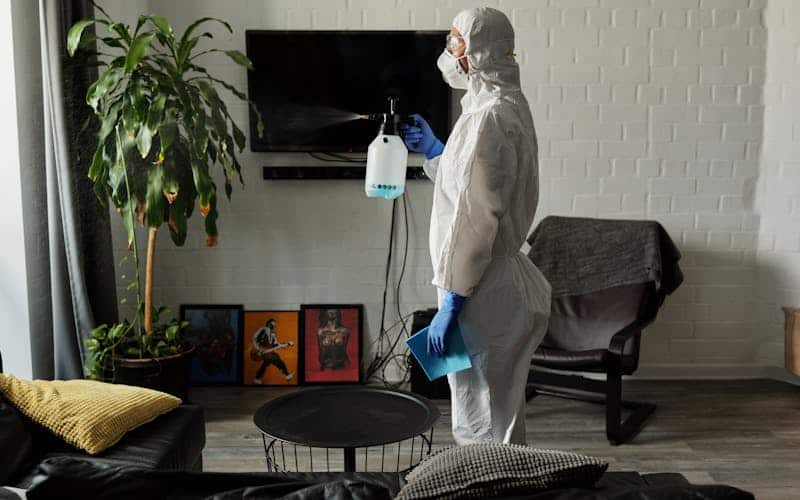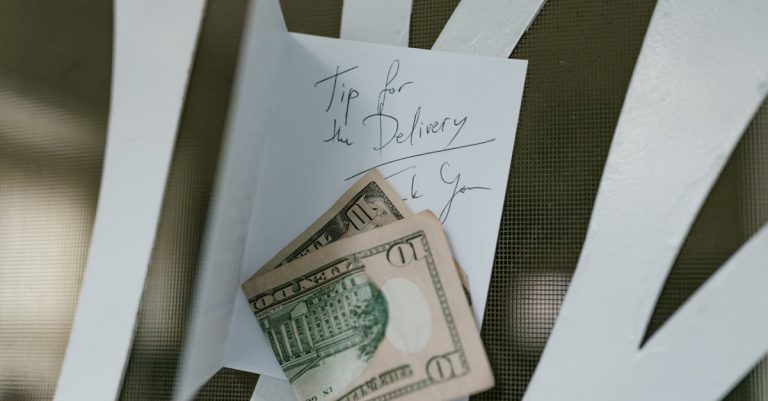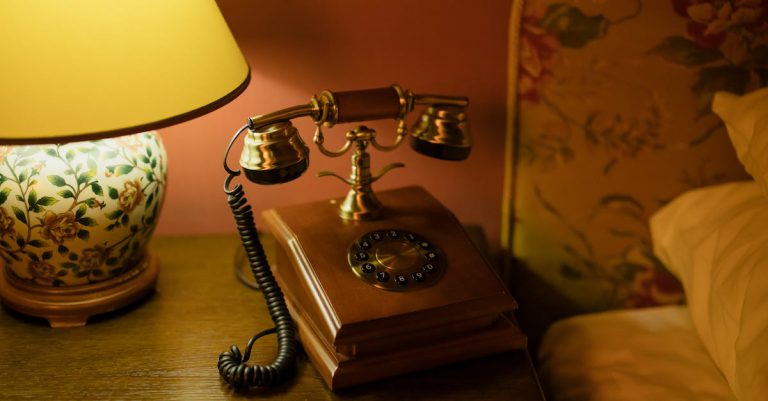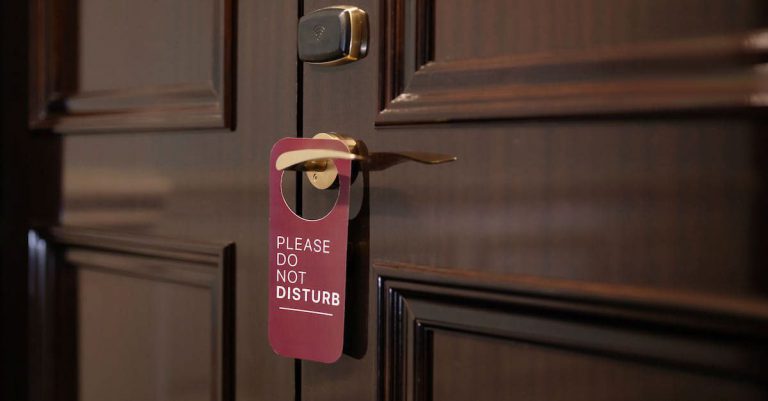Discover the truth behind hotel damage charges and your financial liability.
If you’re short on time, here’s a quick answer to your question: Yes, a hotel can charge your card for damages.
In this article, we will delve into the details of hotel damage charges, including what constitutes damage, how hotels determine liability, and what steps you can take to protect yourself.
Understanding your rights and responsibilities can help ensure a smooth and hassle-free hotel stay.
What Constitutes Damage?
When staying at a hotel, it is important to understand what constitutes damage and what the hotel is entitled to charge you for.
While normal wear and tear is typically expected, certain types of damage may result in additional charges being applied to your credit card.

Physical Damage
Physical damage refers to any harm caused to the hotel property or its contents during your stay. This can include broken furniture, damaged fixtures, or any other type of destruction that goes beyond what is considered normal wear and tear.
If you accidentally break a lamp or damage a piece of artwork, for example, the hotel may charge your card to cover the cost of repair or replacement.
Stolen or Missing Items
If items within your hotel room go missing or are stolen during your stay, the hotel may charge your card for the replacement cost of those items.
It is important to report any missing or stolen items to the hotel staff immediately to ensure that you are not held responsible for their loss. Some hotels may also require a police report as proof of theft.
Excessive Cleaning or Odor Removal
In some cases, hotels may charge your card for excessive cleaning or odor removal if you leave the room in an extremely dirty or foul-smelling condition.
This could include things like excessive trash, stains on the carpet or furniture, or lingering odors from smoking or pets. Hotels have the right to charge for the additional time and resources required to restore the room to its original state.
It is important to note that hotels cannot charge your card for damages without providing you with an itemized receipt detailing the charges. This allows you to review the charges and dispute any that you believe to be unfair or inaccurate.
Additionally, hotels are not allowed to charge your card for damages that were present before your stay or for normal wear and tear.
For more information on hotel policies regarding damage charges, you can visit hotels.com or consult the specific hotel’s website.

Determining Liability
When it comes to determining liability for damages in a hotel, several factors come into play. It is essential for both the guest and the hotel to understand their rights and responsibilities.
Let’s explore some key aspects that can help in determining liability.
Inspection Before Check-In
One crucial step that can protect both the guest and the hotel is a thorough inspection of the room before check-in. As a guest, it is advisable to inspect the room for any existing damages or issues and report them to the hotel staff immediately.
Take pictures or videos as evidence, if possible. This will provide a baseline for comparison if any damages occur during your stay.
Similarly, hotel staff should also conduct a comprehensive inspection and document any pre-existing damages. By taking these precautions, both parties can avoid unnecessary disputes regarding responsibility.
Documentation of Existing Damage
Documentation is key when it comes to determining liability for damages in a hotel. As a guest, it is essential to notify the hotel staff of any damages you notice during your stay. This can be done by contacting the front desk or the appropriate personnel.
It is also advisable to document the damages yourself by taking photographs or videos. In cases where the damage is significant or poses a safety hazard, it is crucial to report it immediately to ensure prompt resolution.
On the other hand, hotels should also maintain a record of any damages reported by guests. This documentation will help in establishing the timeline of when the damages occurred and who might be responsible for them.
It is also important for hotels to communicate with guests openly and transparently regarding any damages they notice during their stay.
Evidence and Witnesses
In cases where there is a dispute over liability for damages, evidence and witnesses can play a significant role. As a guest, if you believe you are not responsible for the damages, gather any evidence that supports your claim. This can include photographs, videos, or any other relevant documentation.
Additionally, if there were witnesses to the incident, ask them if they would be willing to provide a statement or testify on your behalf.
Hotels, too, should gather any evidence they have, such as surveillance footage, maintenance logs, or witness statements. This evidence can help establish whether the damages were caused by the guest or were pre-existing. It is important for both parties to present their evidence objectively and allow a fair assessment of the situation.
While each situation may be unique, following these guidelines can help in determining liability for damages in a hotel.
Remember, open communication, thorough documentation, and evidence are essential for resolving any disputes that may arise.
Protecting Yourself
When staying at a hotel, it’s important to protect yourself from any potential charges for damages. By following a few simple steps, you can ensure that you are not held accountable for any pre-existing damage or accidental mishaps.
Here are some tips to help you protect yourself:
Thoroughly Inspect the Room
Upon checking into your hotel room, take a few minutes to thoroughly inspect the room for any existing damage. Check the walls, furniture, appliances, and bathroom fixtures for any signs of wear and tear.
Pay close attention to any stains, scuffs, or broken items. If you spot anything, notify the front desk immediately to avoid being charged for damage you didn’t cause.

Report Existing Damage
If you do notice any pre-existing damage, make sure to report it to the hotel staff as soon as possible. This can be done either in person or by calling the front desk.
By reporting the damage, you create a record of it, which can protect you from being held responsible for it later on. Remember to be specific and provide details about the damage you observed.
Take Photos or Videos
In addition to reporting the damage, it’s a good idea to take photos or videos of the room as evidence. This will provide visual proof of the condition of the room when you checked in.
Make sure to capture any existing damage from different angles and include a timestamp if possible. These visual records can be crucial if any disputes arise regarding the state of the room.
Review the Hotel’s Policies
Before booking your stay, take the time to review the hotel’s policies regarding damage charges. Look for information about what constitutes damage, how charges are assessed, and what the process is for disputing charges. Understanding these policies beforehand can help you navigate any potential issues more effectively.
Remember, protecting yourself from charges for damages starts with being proactive. Thoroughly inspecting the room, reporting any existing damage, taking photos or videos, and reviewing the hotel’s policies are all important steps to ensure a smooth and hassle-free stay.
By following these guidelines, you can enjoy your hotel experience without worrying about unexpected charges.
Disputing Charges
When it comes to disputing charges for damages made by a hotel, there are a few steps you can take to resolve the situation. Here, we will discuss some effective methods that can help you navigate through this process.
Communication with the Hotel
The first step is to communicate directly with the hotel about the charges. Contact the hotel’s management and politely explain your concerns regarding the charges.
It’s essential to provide any evidence you may have to support your claim, such as photographs or witness statements. By maintaining a calm and professional demeanor, you increase the likelihood of reaching a mutually agreeable resolution.
During your conversation, ask for a detailed breakdown of the charges. This will help you understand exactly what you are being charged for and why. If you believe the charges are unjustified, calmly explain your perspective and request a reconsideration. Engaging in open and honest communication is often the best way to resolve any misunderstandings.
Credit Card Chargeback
If you are unable to resolve the issue directly with the hotel, you may consider initiating a credit card chargeback.
A chargeback is a process where you dispute a charge with your credit card company and request a refund. The success of the chargeback will depend on various factors, such as the evidence you provide and the policies of your credit card issuer.
To initiate a chargeback, contact your credit card company and explain the situation. Provide them with any supporting documentation, such as emails or receipts, that demonstrate your attempts to resolve the issue with the hotel.
The credit card company will then investigate the matter and make a decision based on the evidence provided. It’s important to note that chargeback policies may vary among different credit card companies.

Legal Assistance
If all else fails, you may need to seek legal assistance. Consulting with an attorney who specializes in consumer protection or contract law can help you understand your rights and options. They can guide you through the legal process and represent your interests in resolving the dispute.
Before pursuing legal action, it’s important to consider the potential costs involved and weigh them against the amount you are disputing. In some cases, the expenses associated with legal proceedings may outweigh the benefits. However, if the charges are substantial and you believe you have a strong case, consulting with an attorney may be a viable option.
Remember, each situation is unique, and the best course of action may vary depending on the circumstances. By following these steps and seeking appropriate guidance, you can increase your chances of successfully disputing charges for damages made by a hotel.
Tips for a Smooth Stay
Read and Understand the Hotel’s Policies
Before you check-in to a hotel, it is essential to read and understand the hotel’s policies, including their policy on charging your card for damages. This information is usually available on their website or provided to you upon check-in.
Take the time to familiarize yourself with what constitutes damage and the potential charges that may be incurred. By being aware of the hotel’s policies, you can avoid any surprises or misunderstandings during your stay.
Be Mindful of Your Actions
One of the best ways to prevent any charges for damages is to be mindful of your actions while staying at the hotel. Treat the hotel room and its amenities with respect, just as you would your own home.
Avoid any activities that could potentially cause damage, such as smoking in non-smoking rooms or bringing pets into rooms where they are not allowed. By being considerate and responsible, you can minimize the risk of incurring charges for damages.
Maintain Open Communication
If any accidental damage does occur during your stay, it is important to maintain open communication with the hotel staff. Report any damages or issues as soon as possible, so they can be addressed promptly.
By being honest and cooperative, you increase the chances of reaching a fair resolution. It is always better to address the issue upfront rather than have it discovered later, resulting in unexpected charges.
Remember, hotels charging your card for damages is not meant to be a punishment, but rather a way to ensure that the next guest has a pleasant experience. By following these tips and being a responsible guest, you can enjoy a smooth and worry-free stay at any hotel.
Conclusion
In conclusion, hotels have the right to charge your card for damages, but it’s essential to understand the criteria for damage and how liability is determined.
To protect yourself, thoroughly inspect the room upon arrival, report any existing damage, and document it with photos or videos.
If you encounter any disputes, try to resolve them through communication with the hotel, utilize credit card chargebacks if necessary, and seek legal assistance if needed.
By being aware of your rights and responsibilities, you can ensure a pleasant and worry-free hotel experience.






